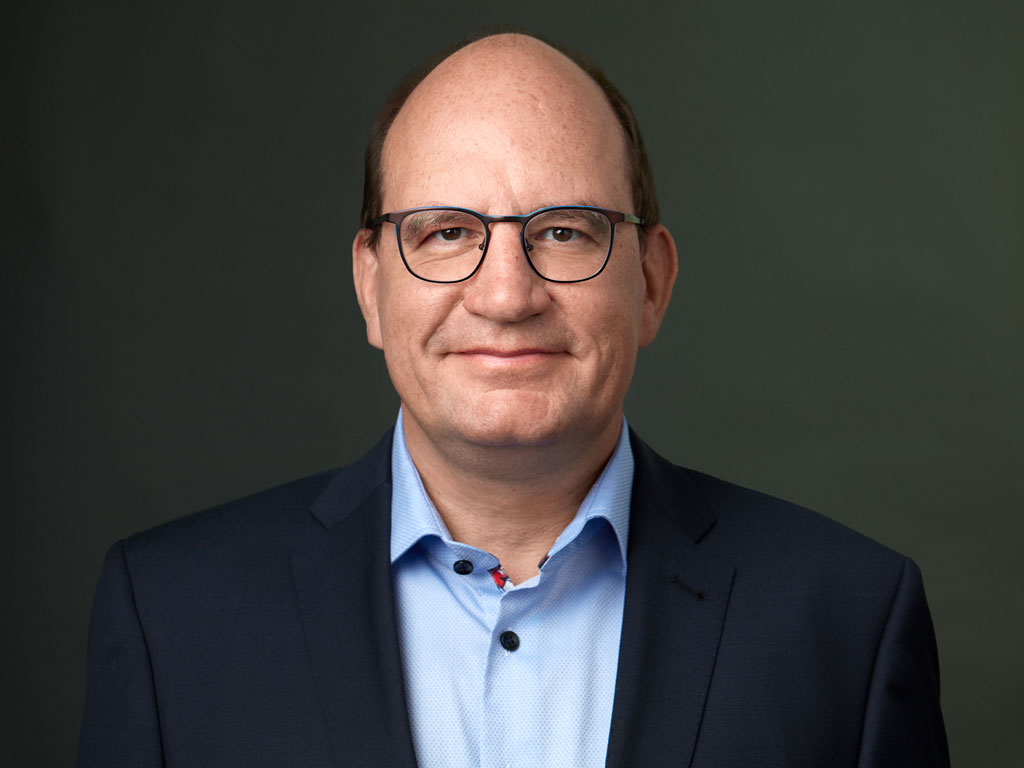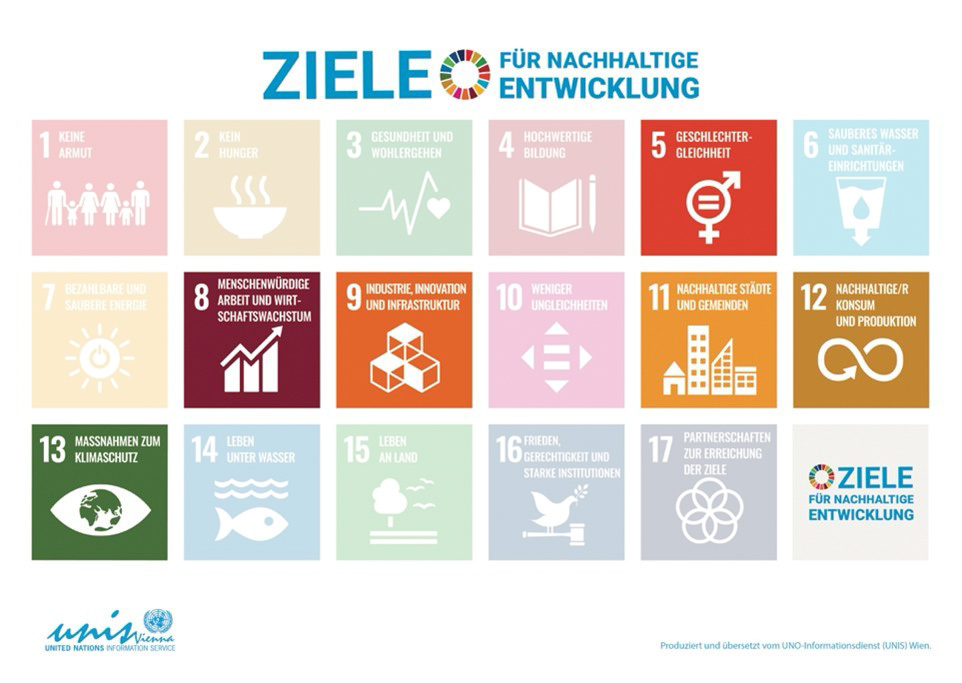Management
Real estate is part of our DNA
The INBRIGHT management has sound knowledge of the sector, has common roots and supplements its skills through complementary competencies. Johannes Nöldeke predominantly supervises the current project development. In addition to human resources issues, Torsten Schmidt also handles our corporate law duties. Sebastian Pijnenburg has primary responsibility for the transaction business and is building up the fund management together with Steffen Uttich and Martin Czaja.
Martin Czaja
Partner
Martin Czaja has been active in the real estate sector for 20 years. His focus is on the repositioning and active asset management of light industrial properties. During past 17 years, he was employed at BEOS AG, from 2015 as management board member (inter alia as director for portfolio, asset and property management), from 2016 as chairman of the board. At BEOS, Mr Czaja was responsible for over 2 billion euros of equity capital from German institutional and international investors. He also headed up the company’s strategic development and its digitalisation.
After studying architecture in Hanover, Cracow, St. Petersburg and Delft, he worked as a consultant at Ernst & Young Real Estate GmbH in Munich and Berlin for two years. Parallel to this, he graduated in the part-time Real Estate Management (REM) master’s degree course at the Technical University of Berlin.
Martin Czaja gives lectures on project development and portfolio management for the REM and REM CPM masters courses at the Technical University of Berlin and the Bergische University, Wuppertal.
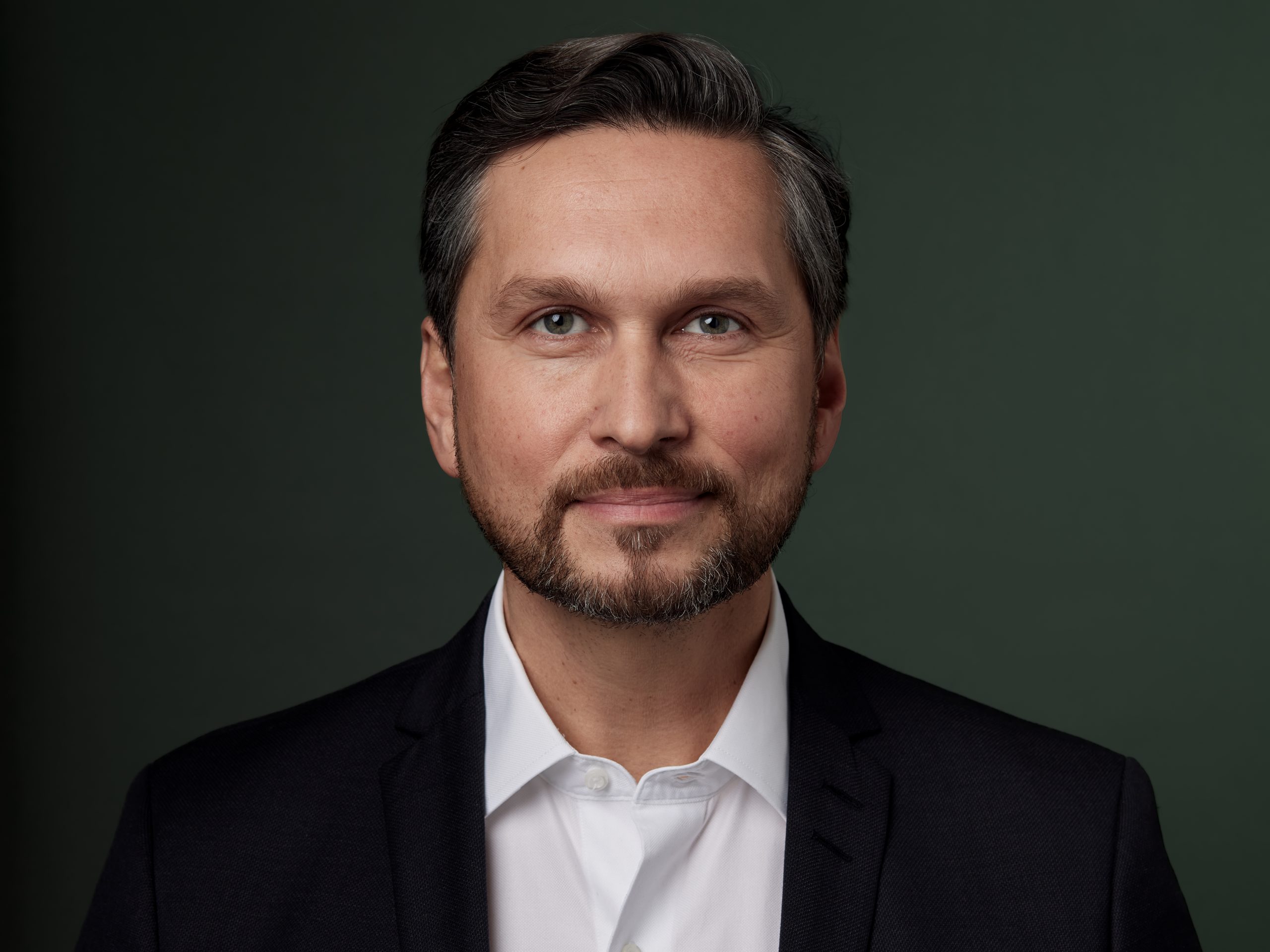
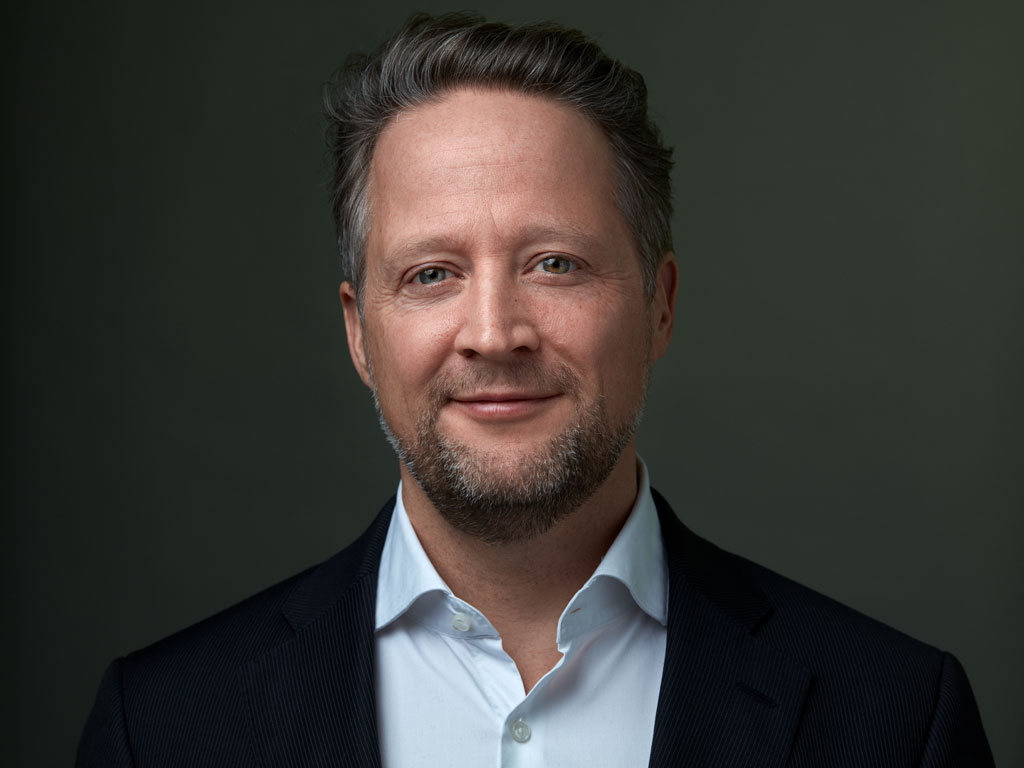
JOHANNES NÖLDEKE
Partner
Johannes Nöldeke has been committed to the acquisition, development, and sale of real estate for all types of use for over 16 years. He built his expertise, which encompasses both the technical and economic factors of the whole real estate life-cycle, through several national and international roles.
From 2012 to 2019, he worked for BEOS AG, where he was involved in numerous complex transactions and developments of between 10 and 600 million euros. Most recently, he established the construction management for BEOS AG and supervised developments and construction projects all over Germany together with his team. His core competence is the conception of sustainable and resilient projects which add value for all stakeholders.
Johannes Nöldeke holds a Master’s Degree in Real Estate Management from the University of Zurich and an M.Eng. in Architecture from the University of Kassel. He lectures at the EBS Wiesbaden and at the University of Regensburg.
SEBASTIAN PIJNENBURG
Partner
Sebastian Pijnenburg has worked in the real estate sector for more than 14 years and has extensive experience in the acquisition, development, and sale of commercial real estate, as well as sound knowledge of leasing and transaction management.
Between 2011 and 2019, Sebastian Pijnenburg worked for BEOS, and from 2016 onwards as head of the Berlin branch. During this time, he worked with his team of roughly ten experts and numerous external service providers on asset and unit deal transactions as well as on complex project developments valued at more than €1.1 billion. The core competence he contributes is the ability to plan the financial dynamics of a project.
Sebastian Pijnenburg holds a Master’s Degree in Real Estate Management from the Technical University of Berlin and a Bachelor’s Degree in Business Management from Mainz Higher Education College. He lectures at the Technical University of Berlin.
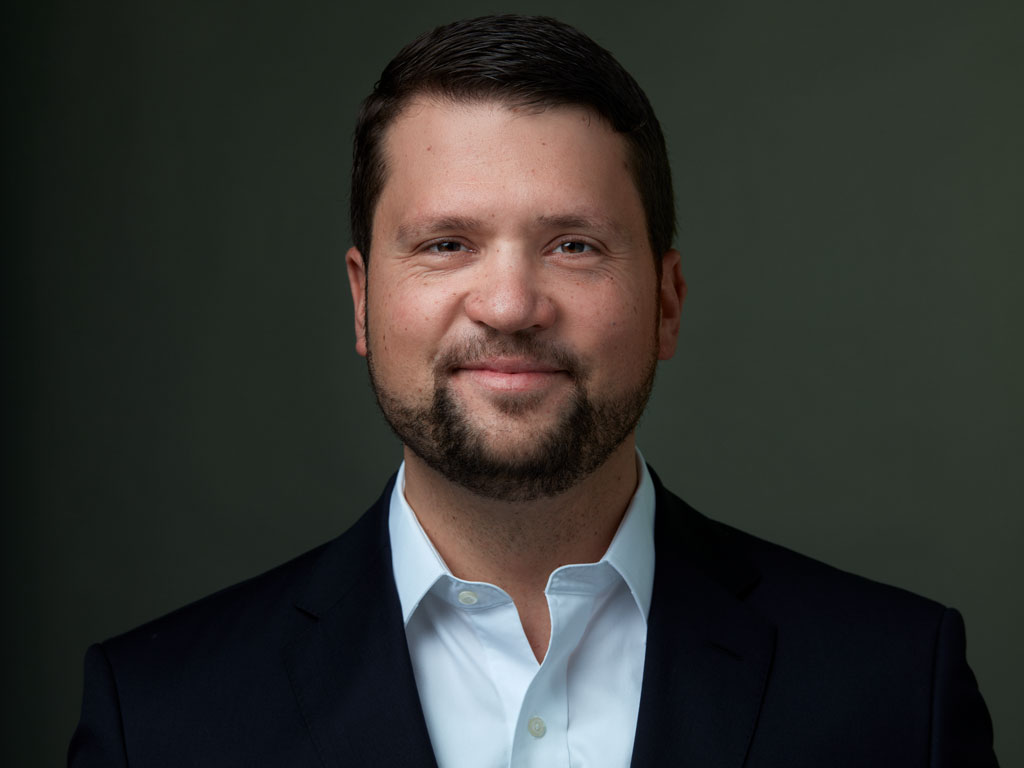
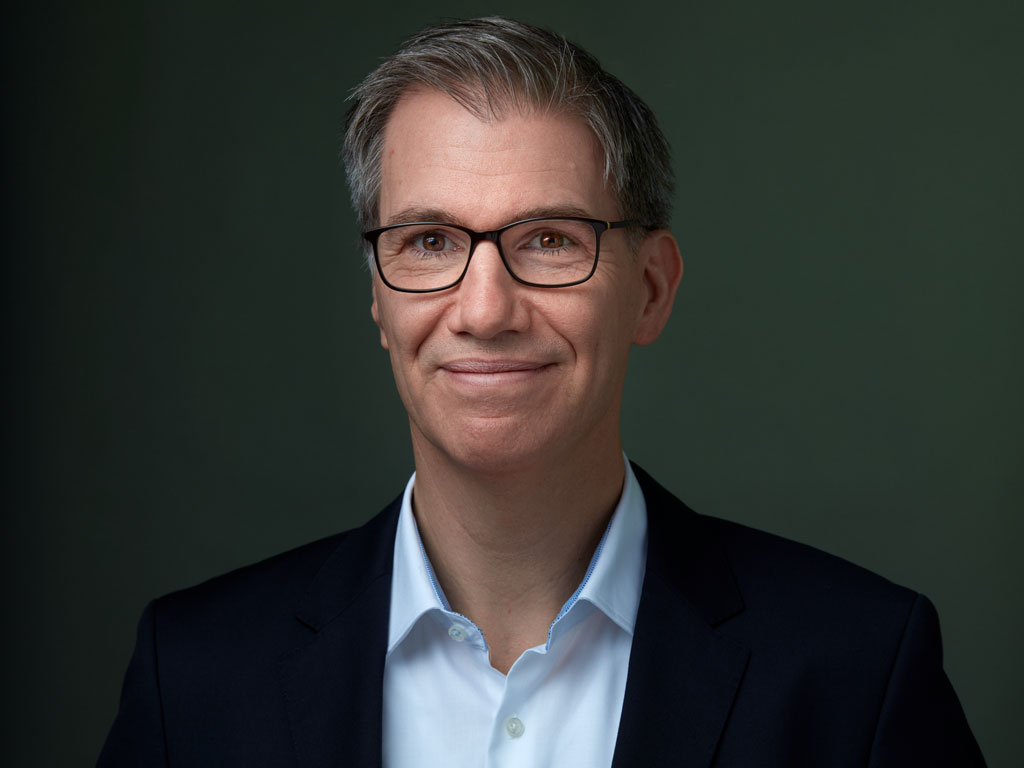
TORSTEN SCHMIDT
Partner
As an owner and investor across the value chain, Torsten Schmidt has been active for over 20 years in the spheres of development and transaction/asset management.
He has successfully developed numerous retail and residential projects and heads a 15-strong family office in Berlin (asset and property management) for residential and commercial real estate. In addition, he has worked for foreign investors as a consultant. He also continually supports select real estate developments and real-estate related Startups as an investor. His extensive experience enables him to recognize, evaluate, and develop solutions for the major risks of real estate projects.
Torsten Schmidt studied Law at the FU Berlin. In addition, he completed a postgraduate course at the Real Estate Academy of the European Business School as a real estate economist (EBS).
STEFFEN UTTICH
Partner
Steffen Uttich has been involved in the property market for 12 years – initially as an observer and for the past 9 years as a protagonist.
In October 2001, he joined the financial market editing section of the financial newspaper F.A.Z. and was responsible for the coverage of real estate from 2009 to 2012. In October 2012, he moved to BEOS AG in Berlin as the director of fund management. After working as director of acquisition/client services from April 2018 to May 2019 at the Frankfurt investment company Helaba Invest, he returned to BEOS in June 2019 as the director of the capital markets division. At BEOS he supervised the growth of the investment fund business from an initial volume of approx. € 400 million to latterly approx. € 4 billion. As a founding partner of INBRIGHT Investment he has assumed the task of developing a new fund platform for institutional investors with a focus on light industrial property.
Steffen Uttich is a graduate of the Georg von Holtzbrinck-Schule for Economics Journalists in Düsseldorf and a real estate economist (ebs).
